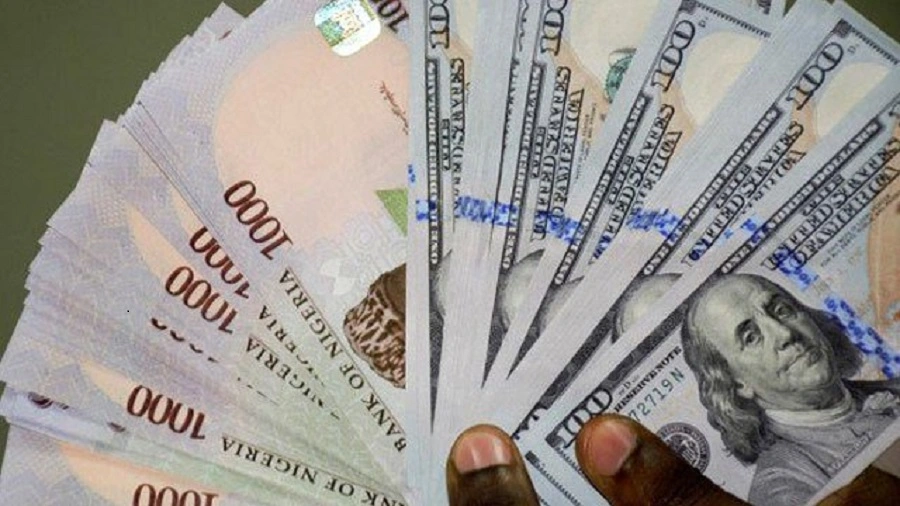Nigerian investors are experiencing a significant shift in their approach to foreign stock investments due to the ongoing exchange rate crisis. The continuous depreciation of the naira has made foreign stocks considerably more expensive, prompting investors to adopt a more cautious stance and wait for exchange rates to stabilize before making significant investment decisions.
The Exchange Rate Challenge
As of the latest figures, the exchange rate between the naira and the U.S. dollar reached N808/$1 and N1,170/$1 on the official and black markets, respectively. This signifies a 5.4% decline in the official exchange rate, marking one of the lowest levels ever recorded in Nigeria’s exchange rate history at the end of a week.
Impact on Foreign Stock Trading
The depreciation of the naira has had a direct impact on the cost of purchasing foreign stocks. As the naira’s value decreases, investors need to exchange a larger amount of naira to acquire the same amount of foreign currency. Consequently, this has led to a decline in trading activity in foreign stocks.
Prior to the depreciation, there was considerable activity in foreign stock trading, but the increased costs have made many investors more cautious. They are now awaiting more stable exchange rates before making major investment decisions.
Effects of Exchange Rate Harmonization
The harmonization of exchange rates by the current administration has led to a more realistic valuation of the naira. However, this has also caused further depreciation of the currency and a corresponding increase in the cost of purchasing foreign stocks.
Investors are now adopting a doctrine of cautious optimism. While they remain interested in foreign stocks, they are keen to see the exchange rate return to stability before making substantial investment decisions.
Challenges to New Investment Outflow
Dr. Afolabi Olowookere, the Managing Director/Chief Economist at Analysts’ Data Services and Resources, explained that the depreciation of the naira has made foreign stocks significantly more expensive, limiting the ability of Nigerians to invest in them. The higher cost of foreign stocks, when converted to naira, has made new investment outflows by Nigerian investors a challenging endeavor.
Liquidity and Currency Challenges
Tajudeen Olayinka, CEO of Wyoming Capital and Partners, pointed out that trading foreign stocks requires the possession of foreign currencies for purchases. Given the current liquidity challenges in the foreign exchange market, acquiring foreign stocks has become a daunting task.
Impact on All Investors
Sola Oni, CEO of Sofunix Investment and Communications, highlighted that exchange rate volatility affects not only those investing in foreign stocks but all investors. Share prices in any stock market are influenced by factors such as a company’s performance, demand and supply, and market speculation. Volatility in exchange rates complicates technical and fundamental analysis of stocks.
Investors, even those with a high risk appetite, are watching the economic management approach of the new administration closely to avoid making misguided investment decisions. The investment in foreign stocks carries currency risk, political risk, and local tax-related risks.
To minimize currency risk, investors can hedge with currency futures, but the Nigerian government also needs to address supply and demand dynamics to stabilize the naira’s value.
The current depreciation of the naira means investors require more naira to purchase the same amount of foreign stocks denominated in foreign currencies. This increased cost has dampened the demand for foreign stocks among Nigerian investors.
Investors, analysts, and experts are now closely monitoring the exchange rate situation and the broader economic landscape, making informed decisions as the exchange rate crisis unfolds.


